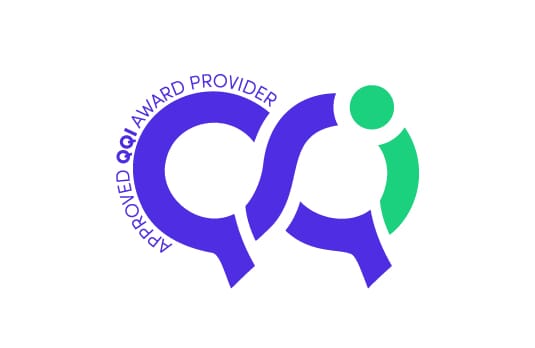Trusted by Ireland’s leading organisations for payroll training.
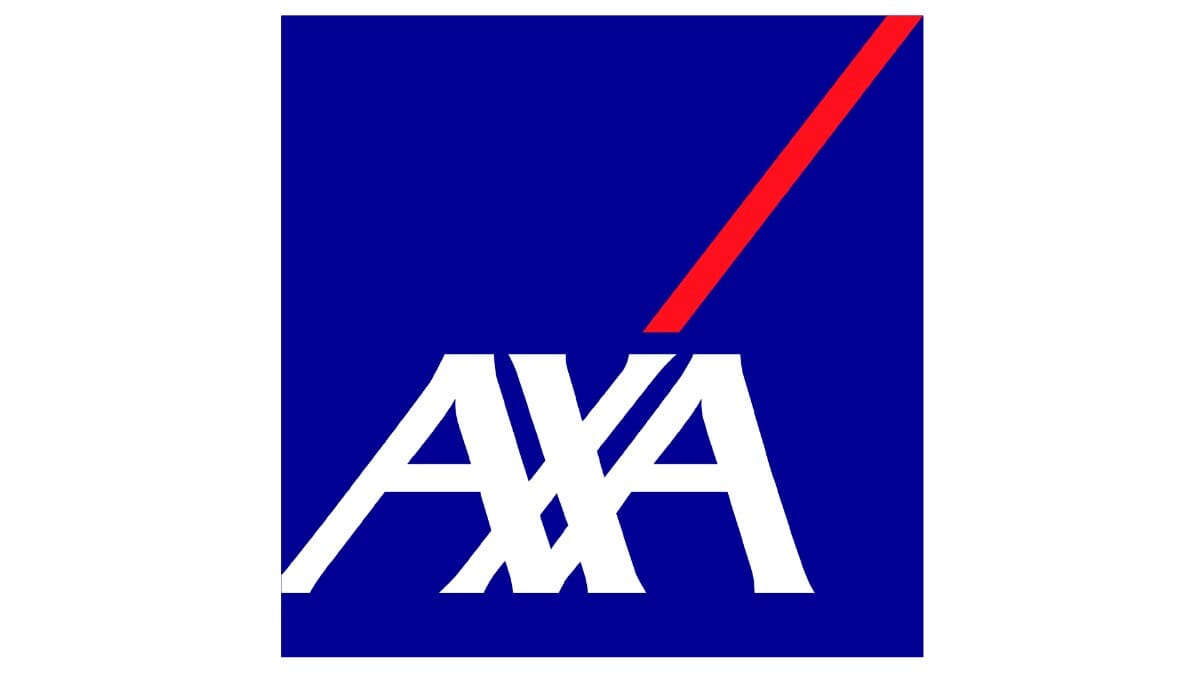
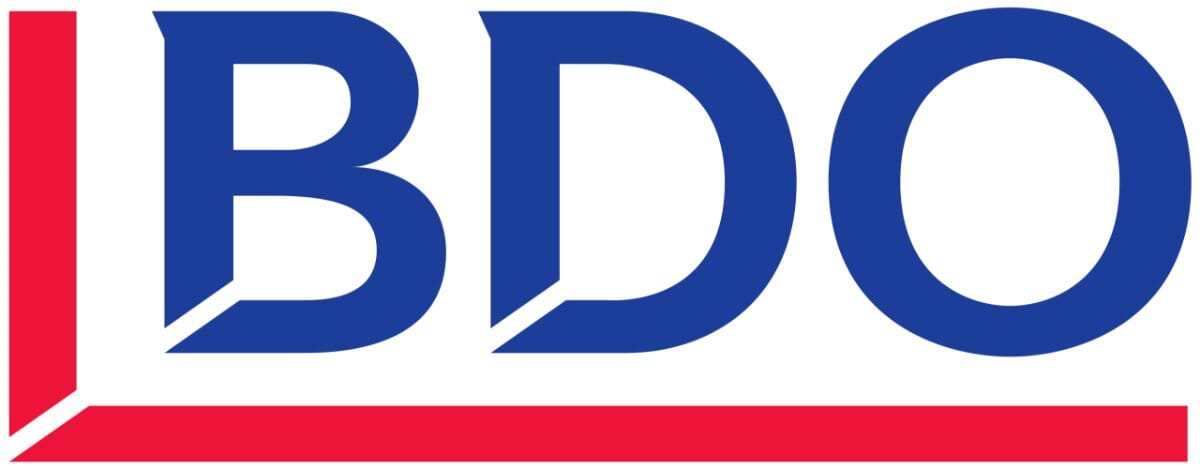
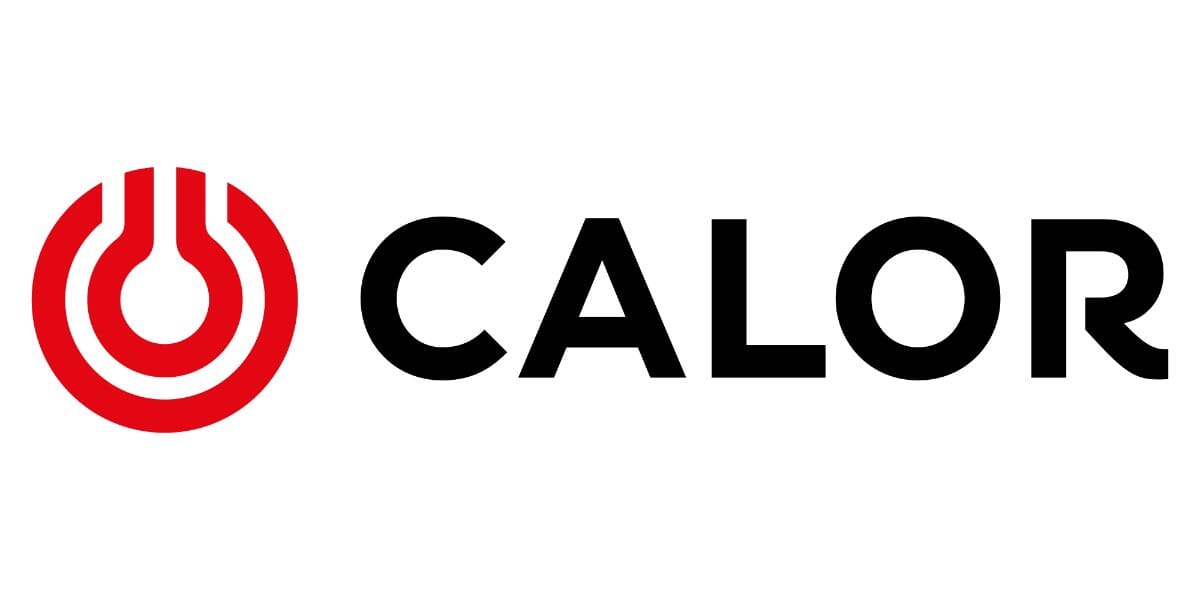

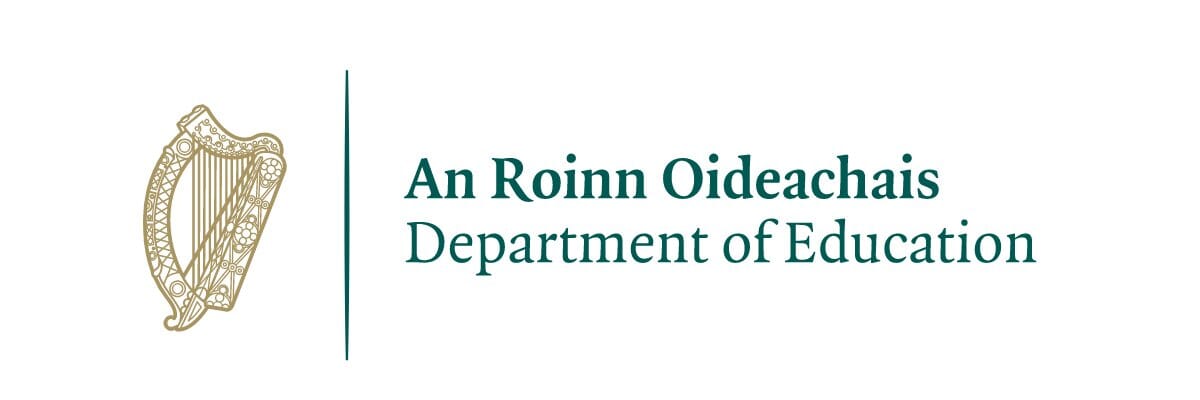
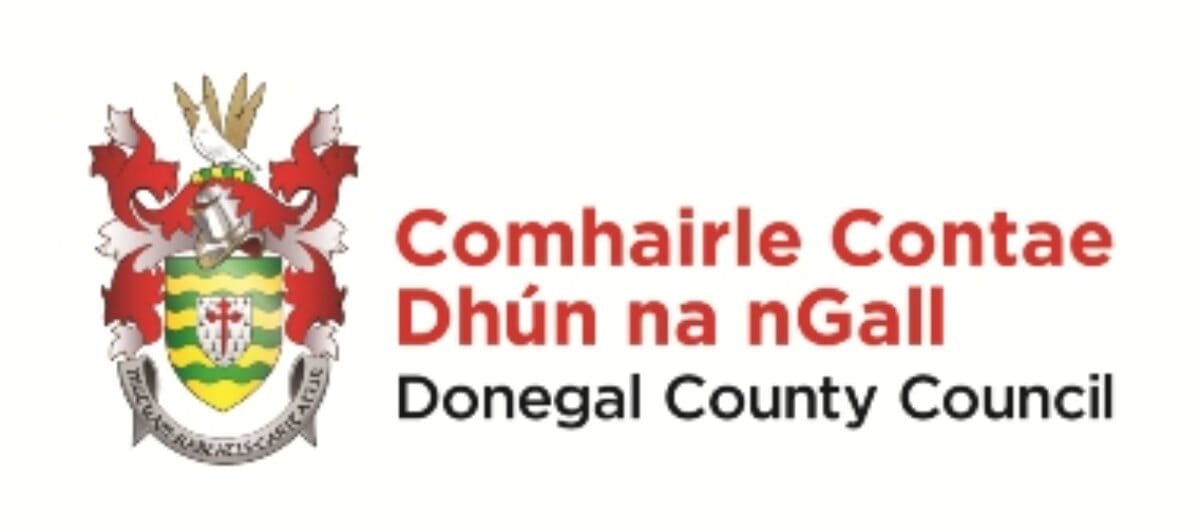

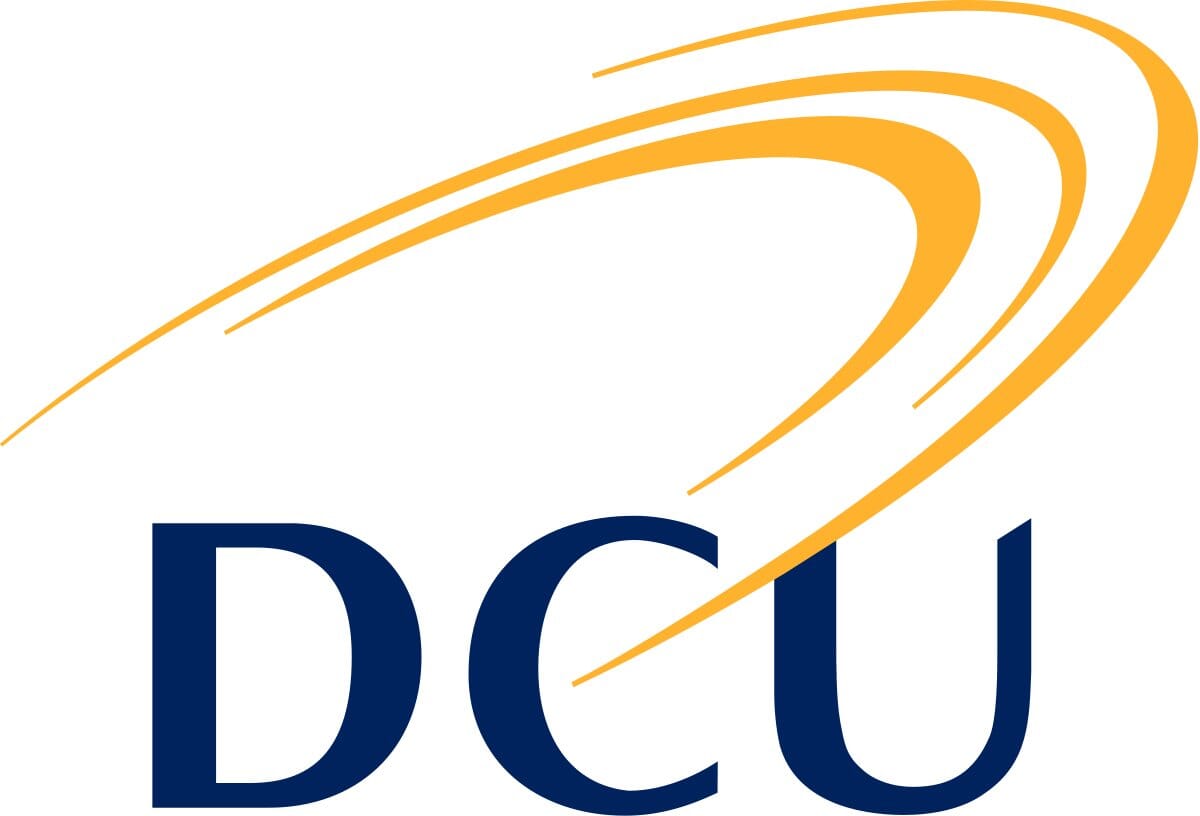


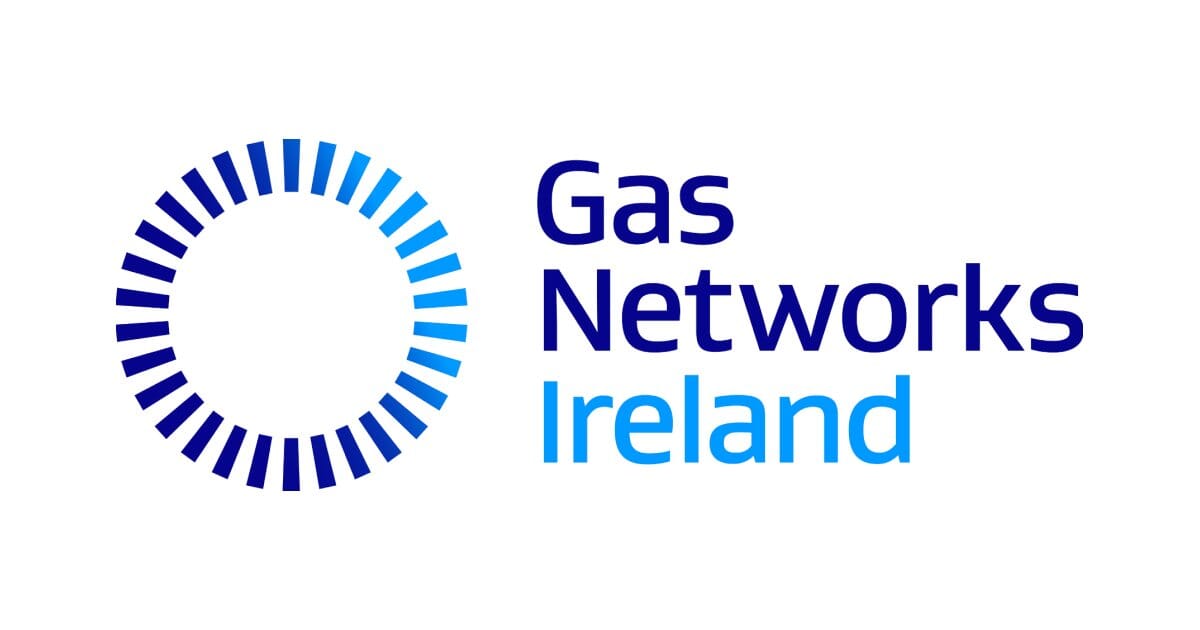
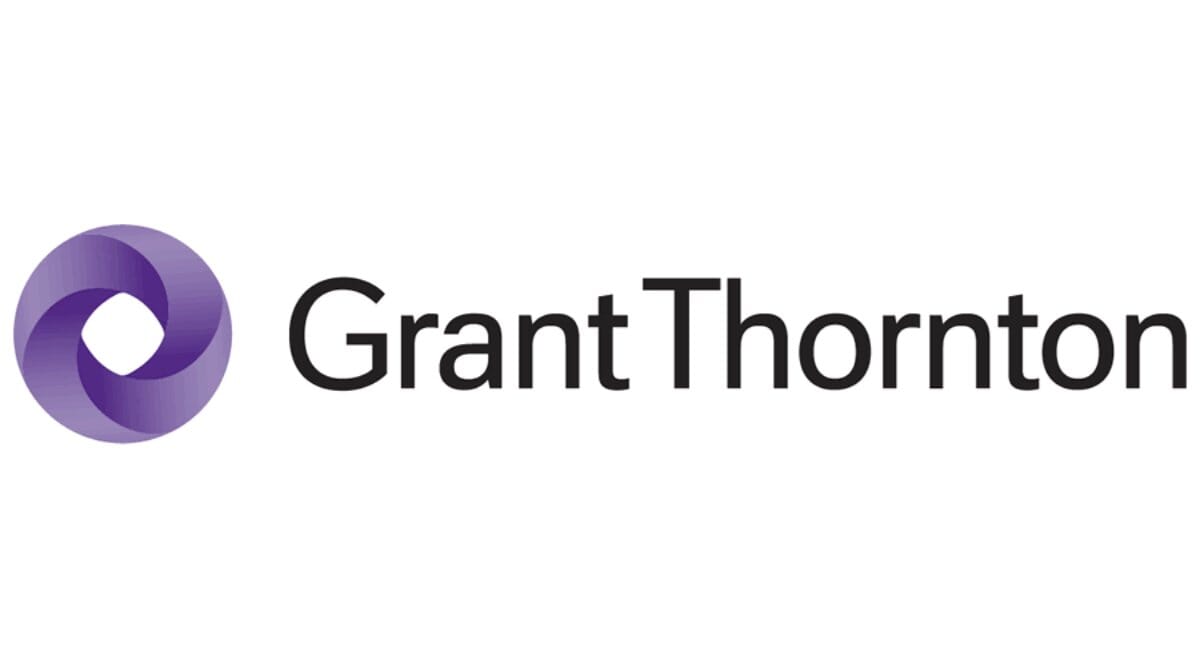
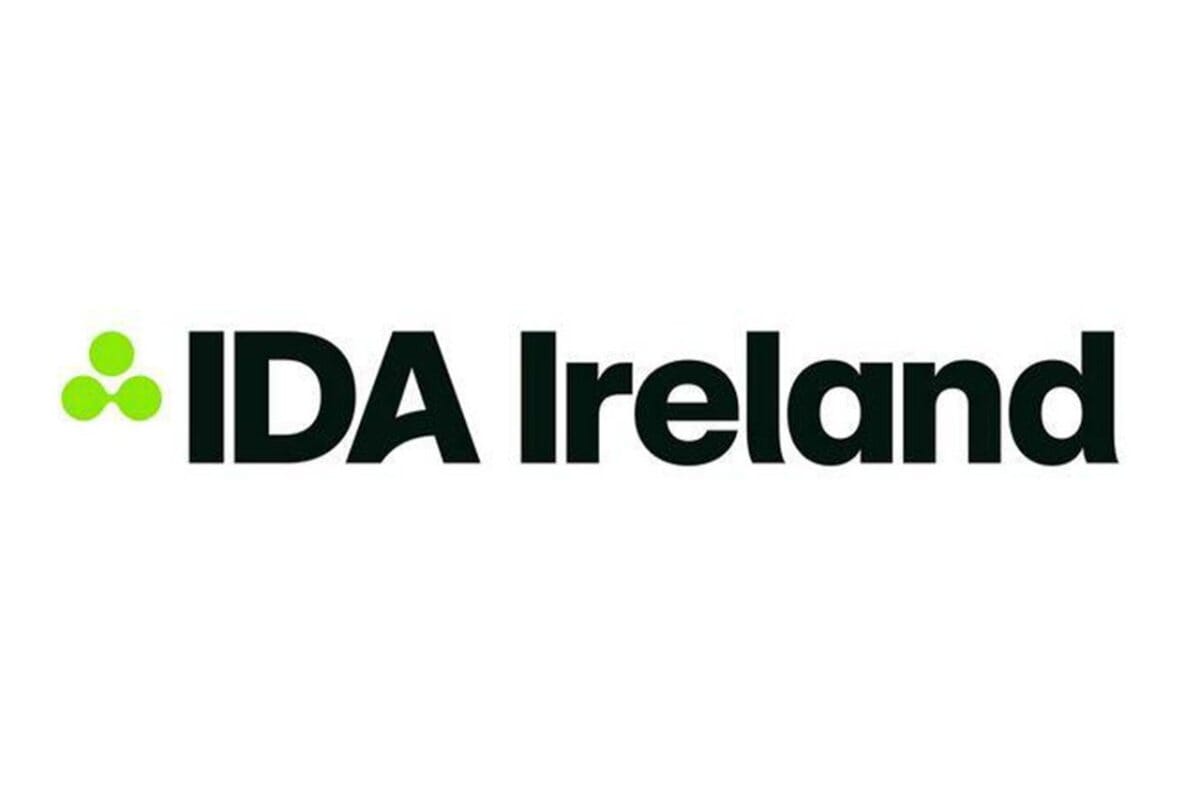

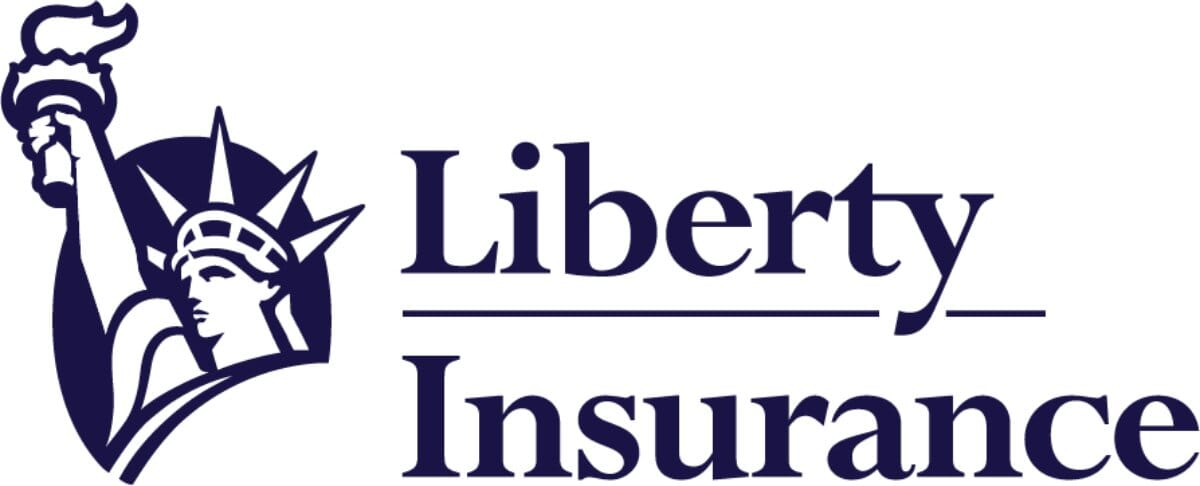
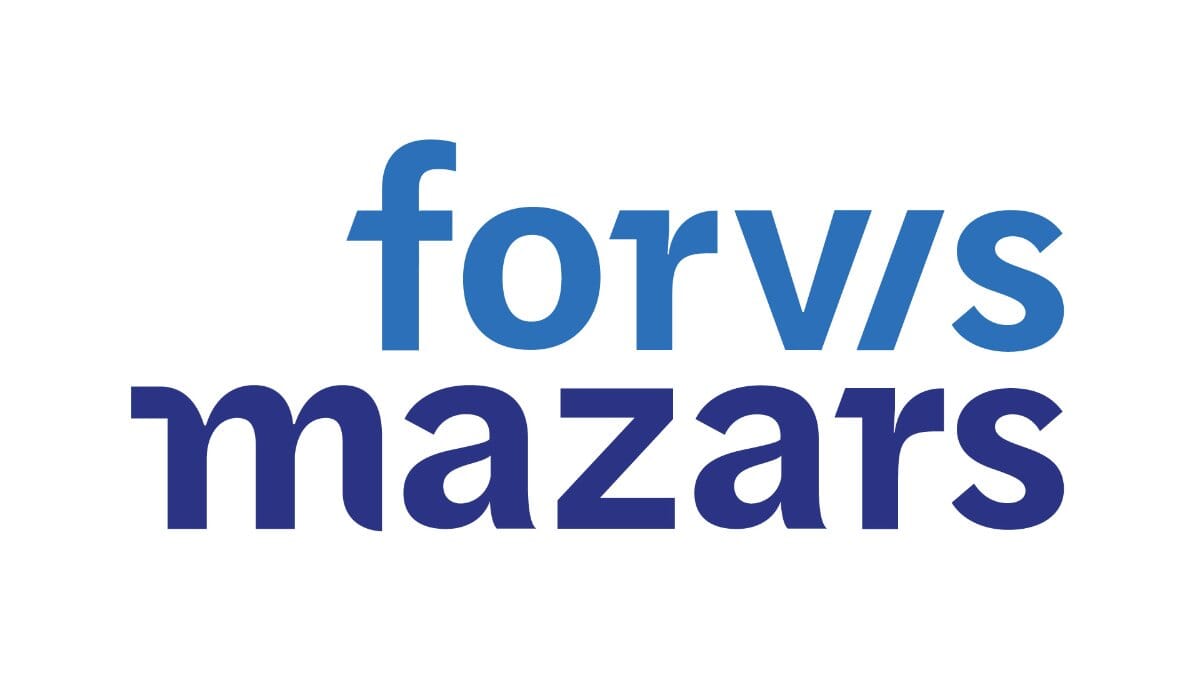
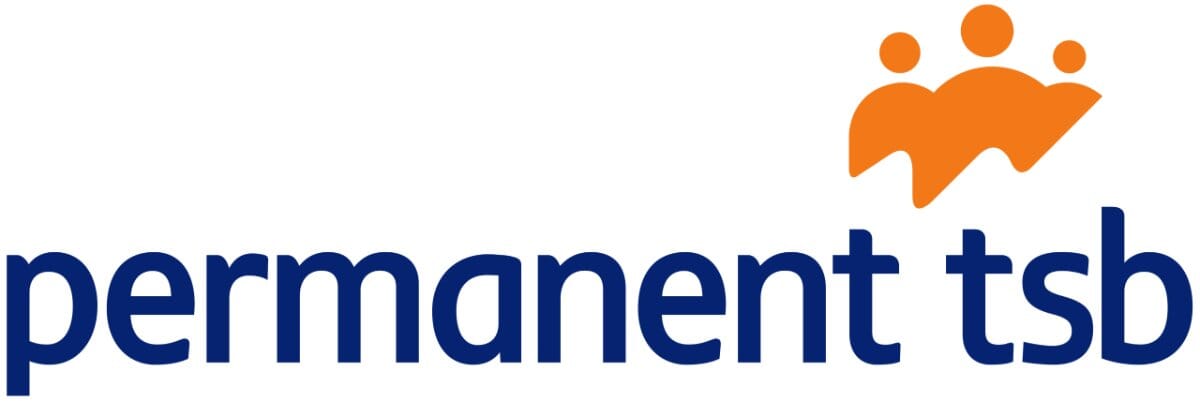

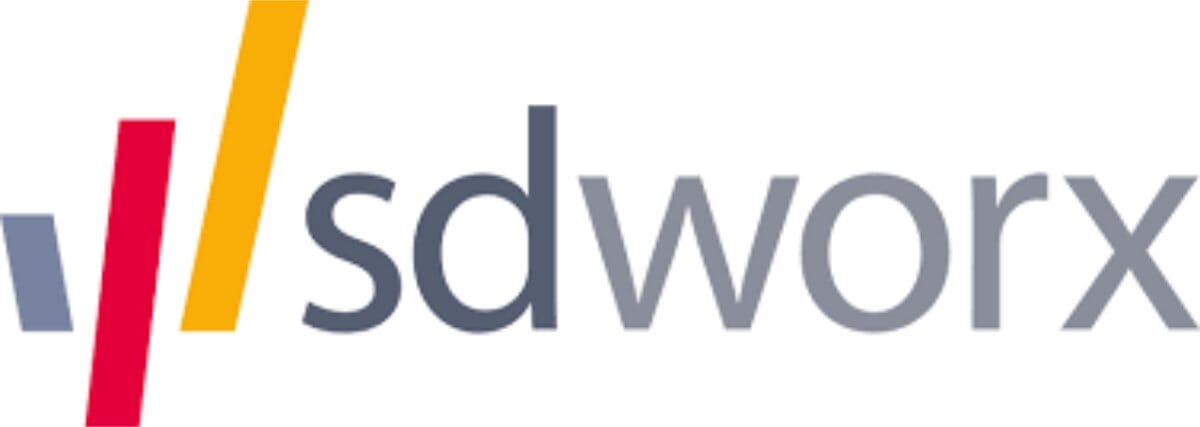
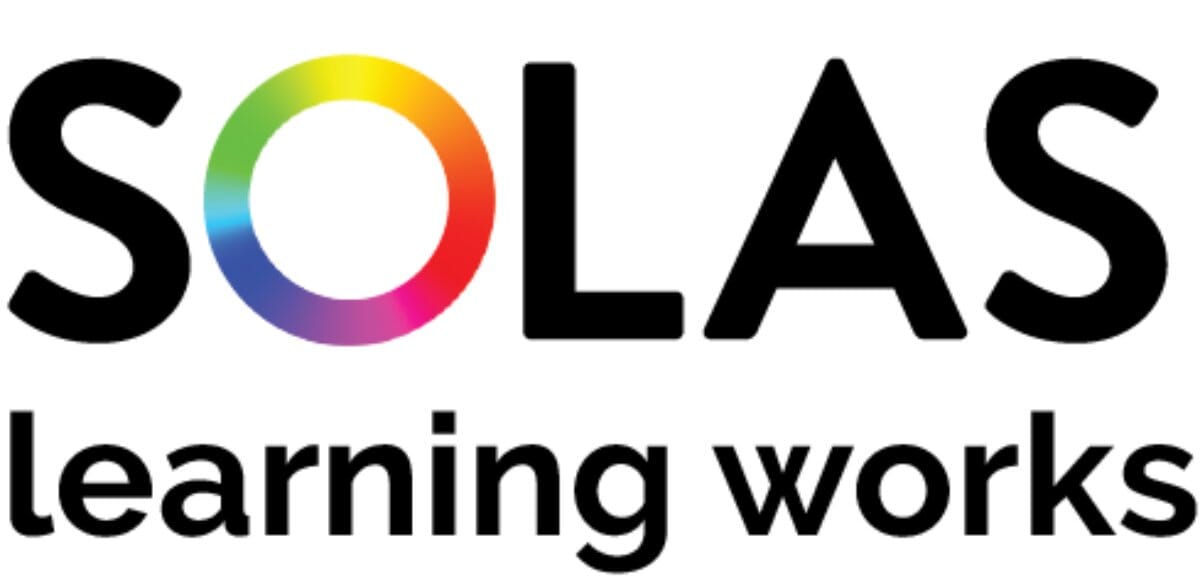
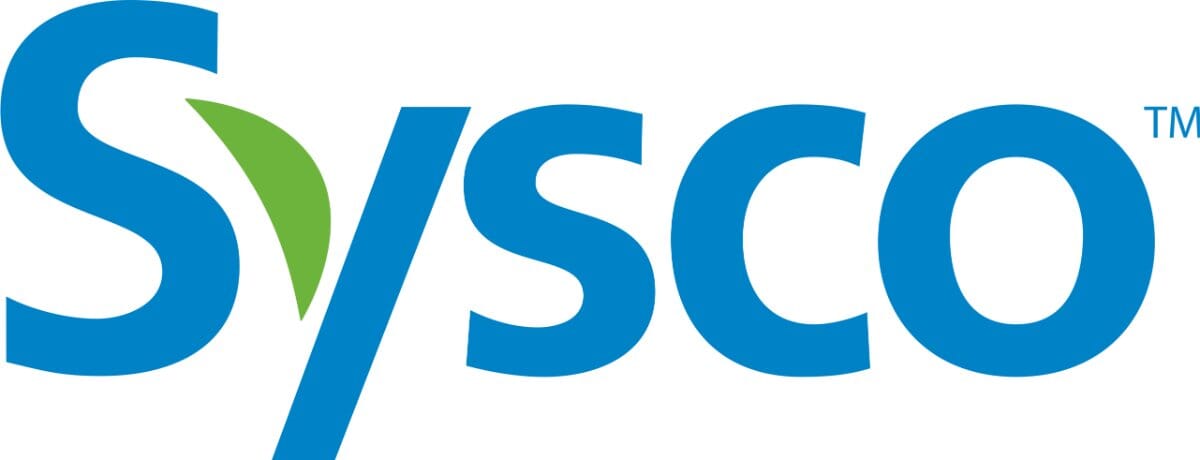
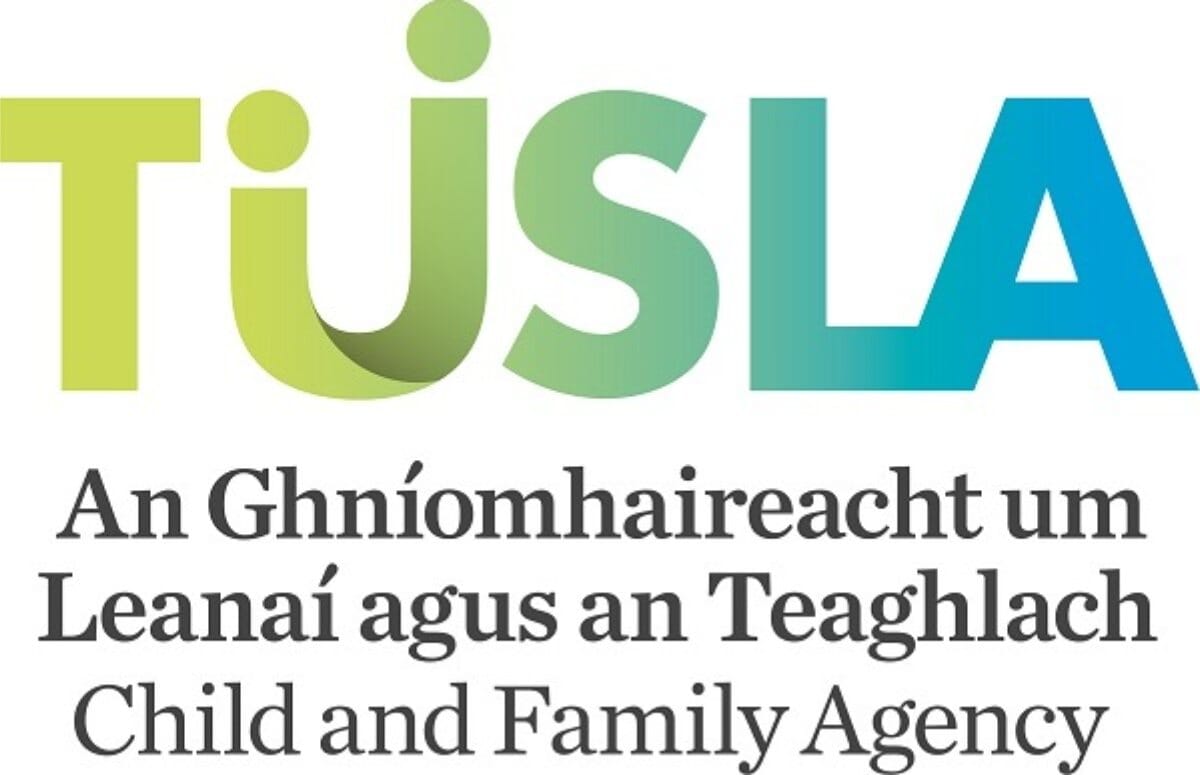

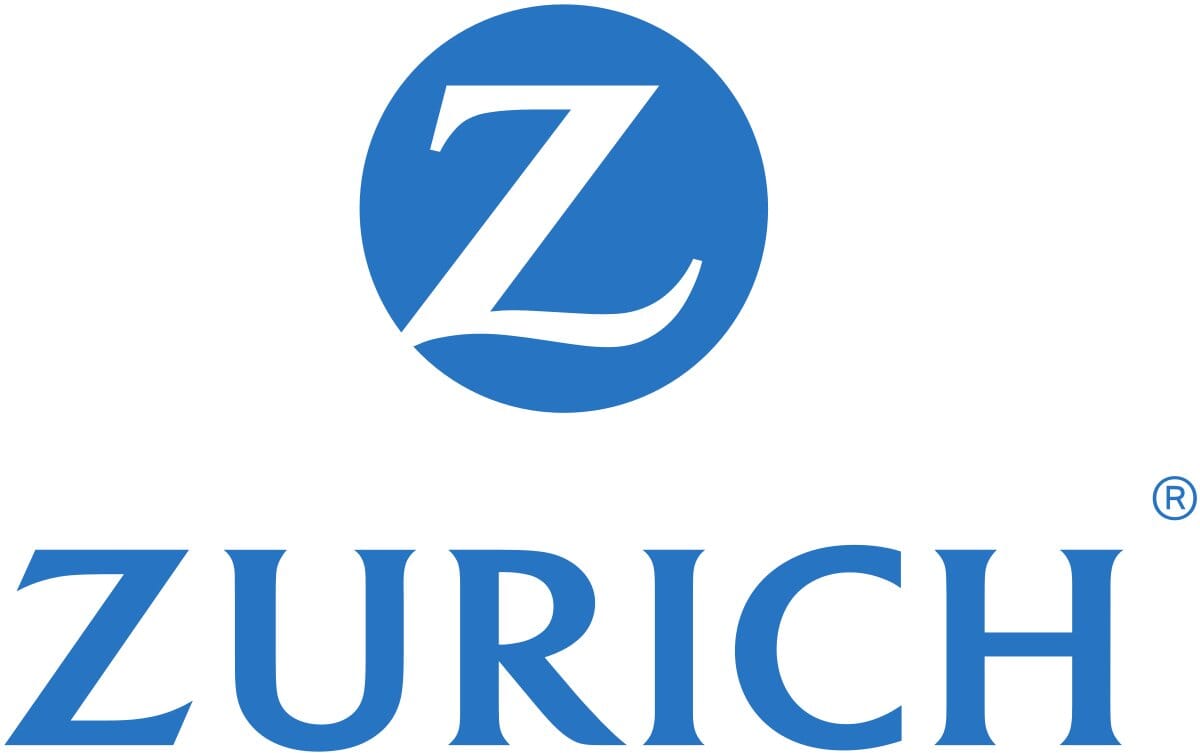
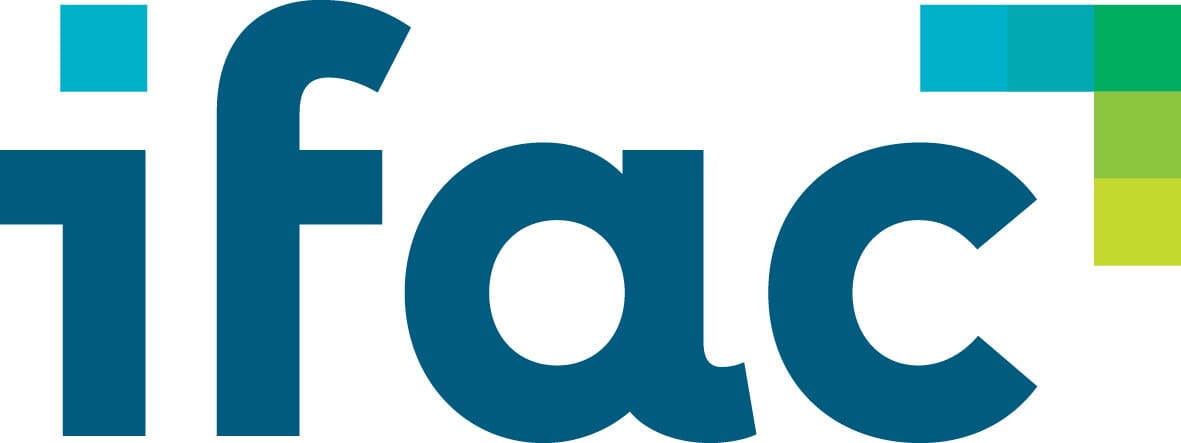

"I have been working in a payroll function for over 30 years and decided to obtain a professional qualification. The course helped me by covering all aspects of the payroll function and gives a detailed understanding of both payroll calculation and revenue. The course has given me more confidence in carrying out my duties as a Payroll Specialist. I would highly recommend IPASS to any colleague. The course isn't easy and requires time and effort, but you will reap the rewards. It's definitely worth it when you get your qualification!"
Curriculum
Compliance with employment legislation is an obligation of every employer. Failure to do so can result in employees not receiving their statutory entitlements and ultimately it can result in significant penalties being imposed by the Workplace Relations Commission.
Employment law forms a major part of the course and is covered in both Semester 1 and Semester 2 syllabus.
The employment legislation in Semester 1 outlines some of the fundamental aspects an employer needs to comply with such as:
• What must be included in the terms of employment issued to employees
• Issuing payslips to employees and what they must include
• National minimum wage
• Holidays, public holidays, rest breaks and working time
• Facilitating employees for jury service
The majority of the employment legislation in Semester 2 can be regarded as protection legislation, as it seeks to protect employee rights. Semester 2 covers:
• An employee’s right to statutory sick leave
• An employee’s right to maternity leave, adoptive leave, paternity leave, parent’s leave, parental leave, carer’s leave with protection of employment
• Entitlements of part-time and fixed-term employees
• Protection of young persons and temporary agency workers
The course will explain the different definitions of pay, from gross pay to net pay, and the amount which is liable to tax, USC and PRSI. It will explain the different types of payment which must be included in gross pay and the rules relating to pre-tax and post-tax deductions.
Income tax is deducted from an employee’s wages under the PAYE system. You will learn how the PAYE system operates based on rate bands and tax credits, and the factors which affect an employee’s entitlement to tax credits and rate bands. The rules relating to the various basis of assessment, ranging from cumulative basis, emergency basis, week 1 and week 53 basis.
Universal Social Charge (USC) is calculated on an employee’s gross pay for USC purposes, which can be different from the amount which is liable tax. The course will explain how USC is calculated using various rates and thresholds on the cumulative, emergency, week 1 and week 53 basis.
Pay Related Social Insurance (PRSI) is calculated on an employee’s pay for PRSI purposes. PRSI allows employees to qualify for various benefits from the Department of Social Protection in the event they are absent from work due to unemployment, illness, maternity leave, paternity leave, etc., and a State Pension Contributory on retirement.
PRSI is calculated using various PRSI Classes, rates, thresholds or credits, depending on factors such as the type of employment, the employee’s age, etc. The course will outline the rules relating to PRSI classes and calculations.
The course will outline the communication process between employers and Revenue which happens electronically through ROS or using web-based services.
All employers are obliged to register with Revenue when they become an employer and keep a register of all employees. Revenue provide details of an employee’s tax credits, rate bands, USC rates and bands to an employer using a Revenue Payroll Notification which must be used by the employer to calculate the employee’s tax and USC. Employers must report payroll details to Revenue using a Payroll Submission on or before the date the employee is paid. Employers are also required to file a monthly return and pay liabilities to Revenue on a monthly or quarterly basis.
Employers are required to submit details of certain tax-free benefits or expenses to Revenue on or before the date they are provided to employees via an Enhanced Reporting Requirements (ERR) Submission.
Employees can also communicate with Revenue electronically through myAccount. The course will explain the various services an employee can access through myAccount. At the end of the tax year Revenue will make an Employment Detail Summary available to an employee with the employee then having the option to complete an Income tax return.
A benefit in kind (BIK) arises when an employee receives a benefit from his or her employer in a form other than a monetary payment. Some common BIKs include free or subsidised medical insurance, free personal use of a company car or van, free or subsidised accommodation, payment of professional memberships, etc.
The course will explain the rules for calculating the taxable value of a BIK and outline the rules relating to various BIKs which can be given to an employee free of tax. It will outline how an employer can incur the cost of the tax, USC and PRSI on a benefit provided to an employee and benefits which can be facilitated through a salary sacrifice arrangement.
Employers are permitted to reimburse expenses to an employee free of tax where such expenses were wholly, exclusively, and necessarily incurred by the employee in the performance of their duties. The course will explain the various rules relating to the tax-free payment of travel and subsistence rates, relocation expense and remote working payments. Employers are obliged to report details of certain tax-free payments such as travel and subsistence expenses and remote working payments to Revenue on a real-time basis.
Where an employee incurs an expense which was wholly, exclusively, and necessarily incurred in the performance of their duties, they are entitled to claim tax relief from Revenue where it is not reimbursed by the employer. For certain industries, Revenue will grant Flat Rate Expense Allowances to employees to negate the requirement for many employees to claim tax relief of small incidental expenses.
PRSI contributions paid by employers and employees insures the employee for various benefits from the Department of Social Protection in the event of an absence from work due to illness, maternity leave, paternity leave, etc.
The majority of these benefits are taxable. The course will explain how employees qualify for Illness Benefit and how Revenue tax these benefits through the PAYE system. Many employers provide occupational sick pay or maternity pay to employees and the course explains the interaction between the social welfare benefits and the payment of sick pay or maternity pay by the employer.
Currently there is no obligation on an employer to offer access to an occupational pension scheme to an employee. However, in the absence of an occupational pension scheme, the employer is obliged to facilitate access to a Personal Retirement Savings Account (PRSA) to an employee.
The course will explain the various types of pension schemes, how employee contributions qualify for tax relief and the reporting obligations of the employer. Employers are responsible for ensuring employees are not granted tax relief on excess contributions. It will also explain the options available to an employee on leaving employment before retirement. You will be provided with an overview of Automatic Enrolment (a compulsory pension scheme) which is due to be introduced in 2025.
The treatment of contributions to, and payments received from, an income continuance scheme will also be explained.
Additional Superannuation Contribution (ASC) is a deduction from the pensionable pay of a public servant to help fund their pension benefits.
The course will explain who is liable to pay ASC, what is regarded as pensionable pay, and how ASC is calculated using rates and thresholds, including on commencement and cessation of employment.
It will outline the various forms to be completed by a public servant and those forms which should be issued to public servants by their public service employer.
The course will explain how statutory redundancy payments are calculated for eligible employees. It will also outline the rules relating to the calculation of the tax-free and taxable amounts of a lump sum payment which may be paid to an employee on cessation using the basic or increased exemption and the standard capital superannuation benefit exemption.
The rules relating to the tax treatment of employment law compensation payments will be explained as will the reporting obligations of the employer.
Intake Details
Course Duration: 2 semesters of 10 weeks each (Semester 1: Feb to May 2026; Semester 2: Sep to Dec 2026)
Timetable: 1 evening per week for 3 hours (6.30 to 9.30 pm)
Blended Learning is increasingly the preferred option for students. Please be assured that our blended online learning is designed to provide the same level of care and support as in-person classes.
Blended online classes are 100% online delivered live, via Zoom, requiring participants to have access to a computer with internet connection. Additionally, students will have access to our online portal, providing them with supplementary materials. Pre-recorded sessions for each subject will also be available on our online portal, allowing participants to catch up on any classes they may miss. Participants will also be assigned a tutor to support them throughout their studies.
While attendance to the live classes is not mandatory, we highly encourage that students attend as many live lecturers as possible to benefit from interactive discussions, engagement with the lecturer, and networking opportunities with their peers.
Exams: While classes are 100% online, all exams must be taken in person at an authorised test centre under supervision. Please note that online exam options are not available.
Payment options
-
Certificate in Payroll Techniques – February 2026
FAQ
Here are your answers
We are the Irish Payroll Association. We focus exclusively on Payroll & Professional Tax training in Ireland. Established in 2000, we work with Payroll Professionals and Businesses from every sector of the economy.
Browse these questions and answers to help you make an informed decision on whether this course is right for you.
If you would like more information, please contact us using the button below.
The Certificate in Payroll Techniques (CPT) is the premier Payroll Qualification in the Irish marketplace. With two decades of experience and thousands of graduates, the programme offers students in-depth knowledge of PAYE, PRSI, USC, ASC, and employment legislation relevant to both employers and employees.
The CPT Programme, accredited by QQI at Level 6 on the National Framework of Qualifications, the course is recognised as the leading qualification among Irish payroll recruiters, consistently chosen for its comprehensive curriculum and industry relevance.
This course is perfect for those currently in or aspiring to join the payroll profession. It is especially relevant for individuals who manage PAYE, PRSI, and USC records or returns, work in finance departments, or are involved in accounting or HR roles. The program also suits anyone interested in expanding their knowledge of Irish payroll and employment regulations or earning a recognised qualification.
It is a requirement that learners enrolling on this course whose first language is not English must have a minimum of B2 in English under the Common European Framework of Reference (CEFR) programme.
The following English tests will be accepted, subject to the required proficiency level being achieved.
- International English Language Testing System (IELTS)
- Cambridge English Qualifications
- Test of English as a Foreign Language (TOEFL)
- Pearson Test of English (PTE) Academic
- Duolingo English Test
- Test of English for International Communication (TOEIC)
- Trinity College London ESOL
- Oxford Test of English
- Test of Interactive English (TIE)
Over the past twenty years, Graduates of the Certificate in Payroll Techniques have made a lasting impact in a range of companies from small startups to Ireland’s top private and state/semi state firms. It is the most respected Payroll Qualification in Ireland. The programme is considered essential for career advancement and a must for employment in top firms.
Successful Graduates of the Certificate in Payroll Techniques (CPT) are entitled to apply for Associate Member status of the Irish Payroll Association and use the post-nominal designatory letters AIPA after their name to highlight their status as a Payroll Professional.
The Irish Payroll Association (IPASS) has learner protection arrangements in place with respect to enrolled learners on the Certificate in Payroll Techniques (CPT) QQI validated course in accordance with Section 65(4)(a) of the Qualifications and Quality Assurance (Education and Training) Act 2012.
To successfully graduate, students must pass two written examinations—one at the end of each semester. These exams are two hours in duration and must be completed under supervised conditions at an approved examination centre.
Students are permitted to progress from one semester to the next without having completed their examinations; however, a certificate will only be awarded upon successful completion of both exams.
If you would like to connect with a member of our team, please book a 15 min video-call with one of our Admissions representatives, or call us directly on 01 4089100
The IPASS Certificate in Payroll Techniques (CPT) course focuses on developing a strong understanding of payroll principles, legislation, and processes rather than training on specific payroll software. Therefore, the course does not cover the use of any particular payroll software.
Our aim is to equip you with the foundational knowledge and skills that can be applied across various payroll systems in the workplace.
The Certificate in Payroll Techniques (CPT) is a QQI Level 6 Higher Education qualification, which means it is recognised within the Irish National Framework of Qualifications (NFQ) as a significant credential.
The programme spans two semesters, comprising 60 hours of lectures in total. This structured format provides in-depth coverage of payroll-related topics and ensures that students gain both theoretical knowledge and practical skills. The certificate offers a well-rounded understanding of payroll management and compliance, enabling participants to manage complex payroll processes with confidence.
On the other hand, the Practical Payroll course is typically a shorter, more focused training session. This course covers 7 hours of content. While it may provide valuable hands-on experience with payroll systems and procedures, it does not carry the same academic weight or provide the same breadth of knowledge as the CPT. This course is designed to equip participants with immediate, practical skills rather than the comprehensive academic foundation offered by a QQI Level 6 programme.
In summary, while both programmes cover important payroll-related material, the Certificate in Payroll Techniques offers a formal, higher education qualification with more in-depth academic and practical training over a longer period. This is the course that employers are looking for when they’re hiring Payroll staff.
Qualification
Trusted Accredited Payroll Education
The QQI-accredited Certificate in Payroll Techniques is the benchmark qualification for those serious about advancing their Payroll career.

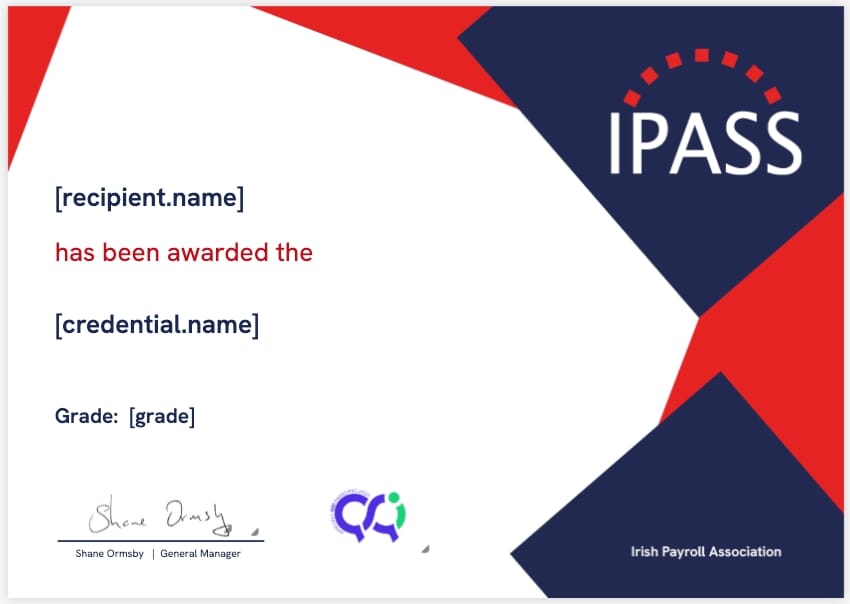
-
Formal QQI Qualification, on the National Framework of QualificationsGlobally recognised, your qualification will stand the test of time
-
Your ECTS Credits travel with youIf you transfer institutions or countries, you do not have to re-study the same material
-
Learn an in-demand skillEvery organisation needs an accurate and efficient payroll, regardless of sector
-
Industry endorsed by our Expert Industry Advisory GroupYou can be sure your curriculum is aligned with exactly what Employers are looking for
-
Showcase your skills and expertiseGraduates receive an IPASS digital credential to share across professional networks

“IPASS was a brilliant option for me to progress in my career as Payroll Specialist. The modules were very interesting and the most up to date knowledge in an ever-changing environment. IPASS was always very helpful anytime I phoned and made sure someone got to my query very quickly. I am really glad I did the course. Highly recommend!”
Learn more
Request more information
Complete the form to receive:
- Detailed course information and syllabus
- Notifications on upcoming webinars, open days, and special events
- Our exclusive monthly industry newsletter
Or book a 15-minute no-obligation consultation video-call with our admissions team
“Taking the Payroll course was an incredibly enriching experience for me. The comprehensive curriculum covered every essential aspect of payroll management, from basic principles to advanced techniques. I found the instructors to be highly knowledgeable and approachable, always willing to provide additional support and clarification whenever needed.”

